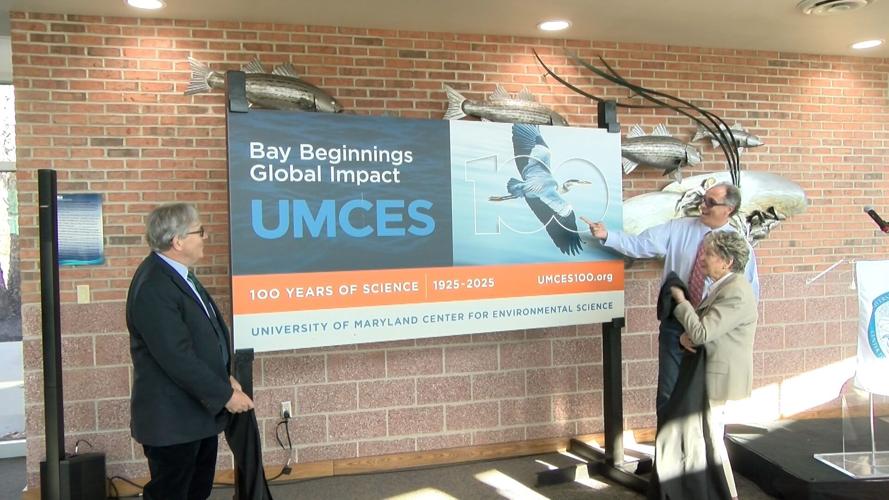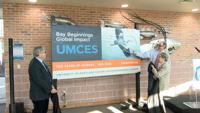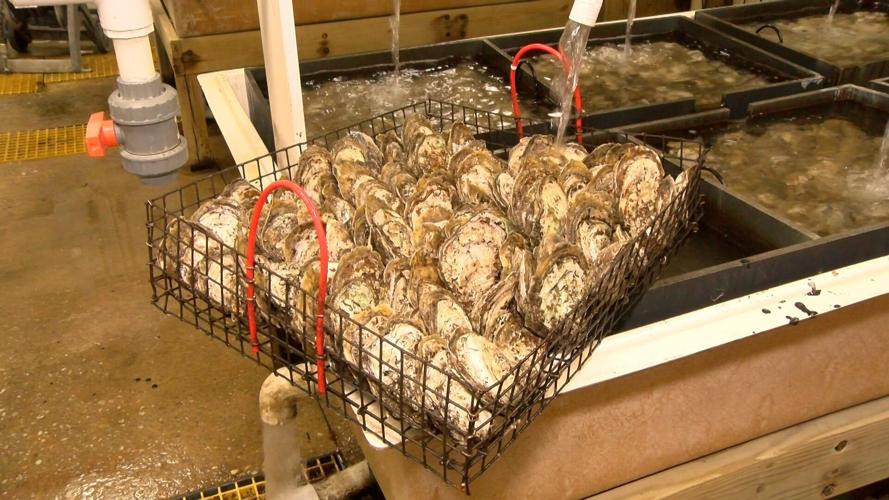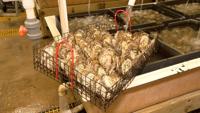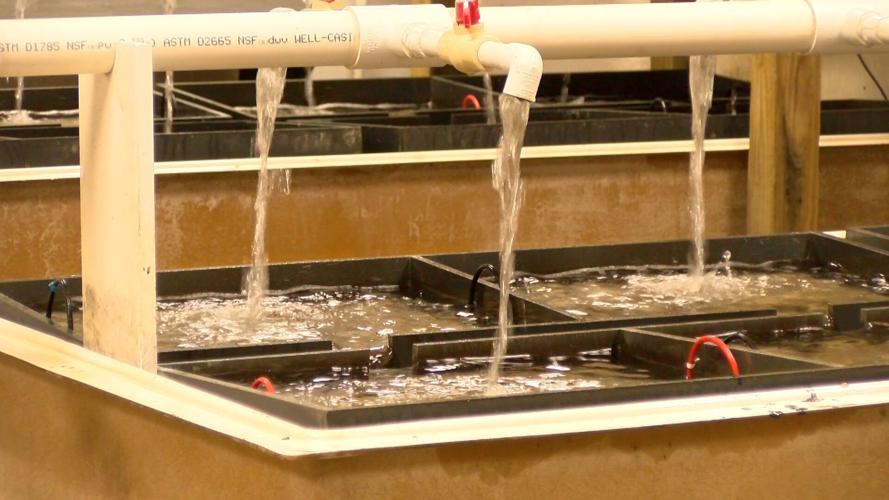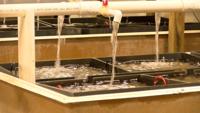CAMBRIDGE, MD - The University of Maryland Center for Environmental Science (UMCES) has reached a significant milestone, marking 100 years of operation. Founded in 1925, UMCES has dedicated itself to addressing environmental challenges and developing solutions for the Chesapeake Bay, forests, and other vital ecosystems.
One of UMCES' six locations, the Horn Point Laboratory, plays a key role in this mission.
“The big operation here is oyster restoration. And Chesapeake Bay, you know, many, many years ago was really, really depleted of oysters, and that caused a gigantic disequilibrium in the entire bay system. We’ve been working very diligently, leading the research enterprise to restore the bay at that level,” said Fernando Miralles-Wilhelm, president and professor at UMCES.
At the Horn Point Laboratory, one ongoing project involves cultivating oysters under controlled conditions to boost their productivity.
“So we’re growing them here under unnatural conditions to increase their productivity so we can restore the bay oyster population,” said Michael Sieracki, director and professor at the Horn Point Laboratory.
The lab uses techniques like gradually altering water temperatures in tanks filled with oysters to simulate the spring season. This process encourages early reproduction and supports the broader oyster restoration efforts.
UMCES' history traces back to its founder, Reginald V. Truitt, a pioneering scientist who recognized the depletion of oysters in the Chesapeake Bay and took action.
“He was alone, a single man with a borrowed microscope in an unheated laboratory before moving to a parish, I think it was, a house on Solomons Island and eventually getting the state to recognize,” said Trudy Guthrie, Truitt’s daughter. She added, "They had farmland, and the ecology they practiced in maintaining their lands and oyster beds was important. Suddenly, the oyster beds diminished, and no one knew what was wrong with the oysters."
As UMCES reflects on a century of accomplishments, its scientists look ahead to addressing new challenges, including the impacts of climate change on ecosystems.

